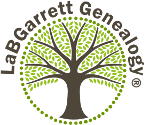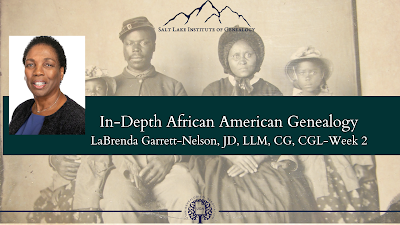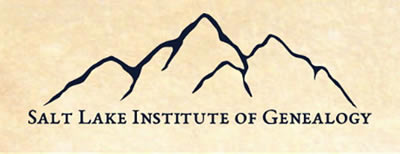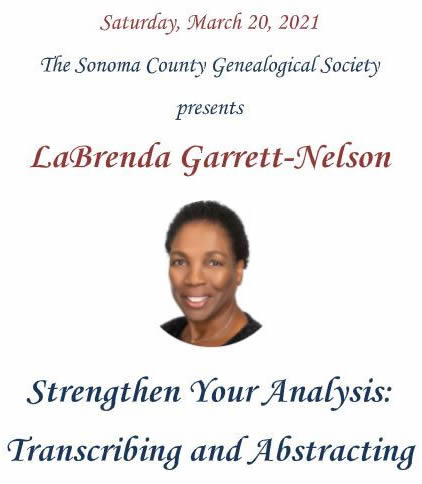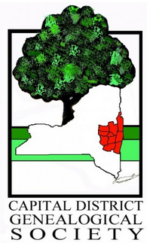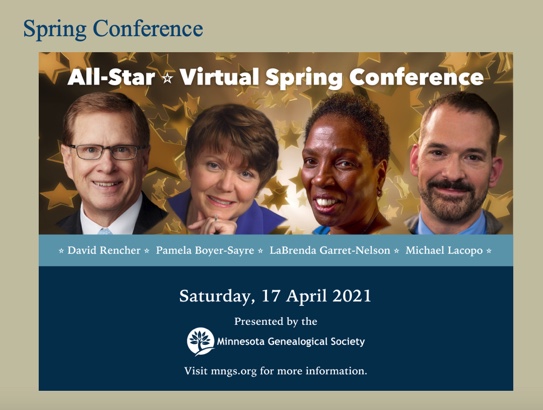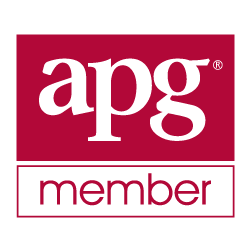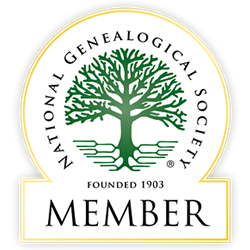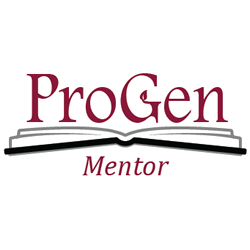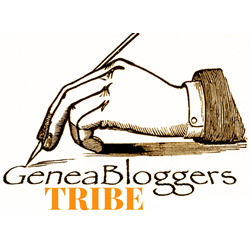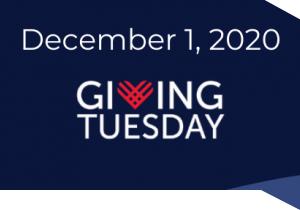
Strengthen Your Analysis: Transcribing and Abstracting
Genealogical proof requires the conduct of reasonably exhaustive research, preferably using original records. The emphasis on original sources means that the interpretation of handwritten records is an essential skill for genealogists. Using a variety of pre-20th century American documents, this lecture provides useful tips on the creation of a transcription—the first step in analyzing a handwritten document—and an abstract. This lecture is a part of NYG&B’s Day of Giving Back, four unique sessions held on Giving Tuesday (December 1, 2020). Sessions will stream live on the NYG&B’s website and Facebook page on December 1, 2020, from 4–8 pm EST. All are welcome (no registration is necessary).
